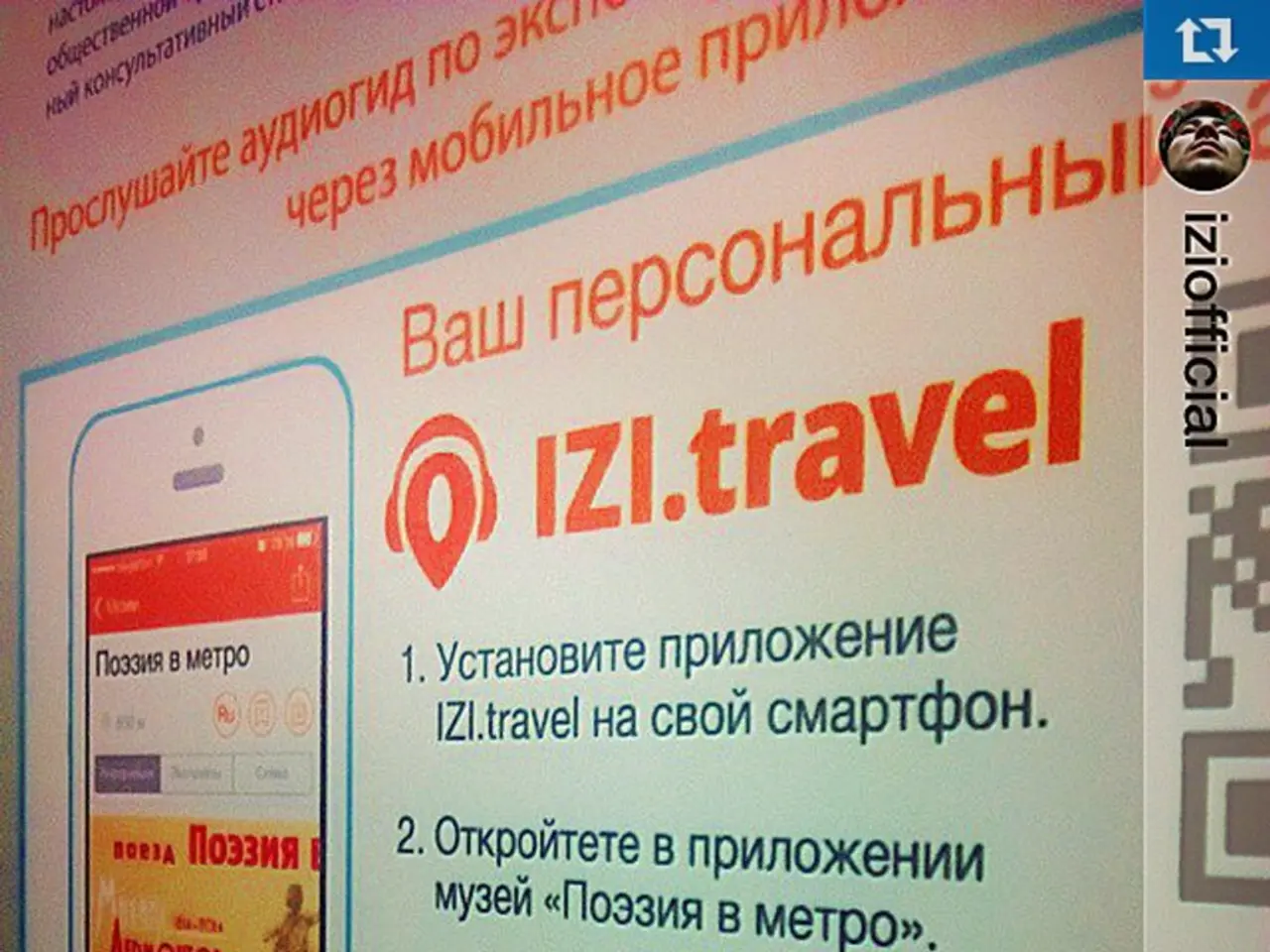Ten Marketing Campaigns That Met with Unwanted Consequences
In the world of marketing, creating a memorable campaign can often lead to success. However, some brands have found themselves in hot water due to campaigns that were perceived as culturally insensitive, sexist, or simply misguided. Here's a look at some of the most controversial advertising campaigns of recent years and the fallout they caused.
Beginning in 2017, Pepsi released its "Live for Now" protest ad, which aimed to align the brand with activism. However, the ad was widely criticized for trivializing serious social issues, particularly in light of the ongoing Black Lives Matter movement. The backlash was global, and the controversy lingered as a symbol of corporate misjudgment.
Not long after, H&M released an ad featuring a Black child wearing a hoodie with the phrase "Coolest Monkey in the Jungle." The insensitivity of the campaign caused widespread outrage, and the controversy became a symbol of the lack of diversity and cultural awareness in advertising.
In the same year, Nivea's Middle East ad campaign, featuring a white woman and the slogan "White Is Purity," was condemned for promoting racist connotations and outdated beauty standards. The situation escalated, with allegations of racist comments surfacing on social media.
The following year, Dolce & Gabbana's ad campaign was criticized for its racial stereotyping and cultural insensitivity. Many accused the luxury brand of reducing Chinese culture to a caricature, and the controversy resulted in significant reputational damage in China, a key market for luxury goods.
In 2019, Gillette's "The Best Men Can Be" ad, which tackled toxic masculinity, caused significant backlash due to its perceived lecturing of men about their behavior and calls for boycotts. The backlash resulted in financial consequences for the brand, with its stock dropping.
Peloton's "The Gift That Gives Back" holiday ad was also criticized for its portrayal of a husband gifting a Peloton bike to his wife, which many interpreted as sexist and tone-deaf. The controversy led to a drop in Peloton's stock and further questions about the lack of diversity and cultural awareness in advertising.
Burger King UK's International Women's Day 2021 campaign, with the headline "Women belong in the kitchen," sparked outrage for being perceived as sexist, despite its intended message of support for female chefs. The brand issued an apology, but the damage to its reputation had already been done.
The controversies surrounding these campaigns generated global backlash, sparked debates about social issues, and forced brands to reevaluate their approaches. The list includes ten more bizarre, strange, controversial, and pointless marketing campaigns, political campaigns, live TV performances, ancient relics, toys, news stories surrounding ChatGPT, and celebrity interviews.
These incidents serve as a reminder to brands that cultural awareness and sensitivity are crucial in today's diverse and connected world. It's essential for brands to ensure their campaigns are inclusive and respectful to all communities, or they risk facing significant backlash and financial consequences.
Read also:
- visionary women of WearCheck spearheading technological advancements and catalyzing transformations
- Recognition of Exceptional Patient Care: Top Staff Honored by Medical Center Board
- A continuous command instructing an entity to halts all actions, repeated numerous times.
- Oxidative Stress in Sperm Abnormalities: Impact of Reactive Oxygen Species (ROS) on Sperm Harm








